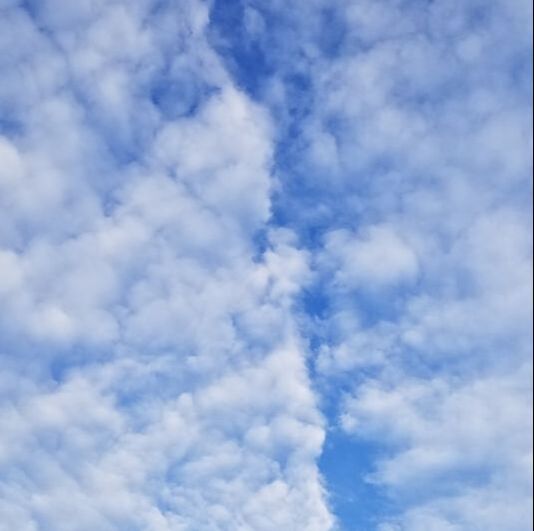As a reminder, the following individuals do not need to register:
Many authorized immigrants and nonimmigrants are not required to apply for registration and fingerprinting under the ARR, because they already satisfied the requirement through applying for a U.S. visa or ESTA travel authorization; others are categorically exempt. The following individuals are not required to apply for registration under the new ARR policy:
- Foreign nationals who remain in the U.S. for fewer than 30 days;
- Nonimmigrants and those already considered to be registered, including:
- Citizens of Visa Waiver Program (VWP) participating countries granted ESTA travel authorization;
- Lawful Permanent Residents;
- Non-U.S. citizens paroled into the United States under INA212(d)(5) even if the period of parole has expired;
- Non-U.S. citizens admitted to the United States as nonimmigrants who were issued Form I-94 or I-94W (paper or electronic), even if the period of admission has expired;
- Non-U.S. citizens whom DHS has placed into removal proceedings;
- Canadians who enter the U.S. and are issued an I-94 record (paper or electronic);
- Non-U.S. citizens issued an employment authorization document;
- Non-U.S. citizens who have applied for lawful permanent residence using Forms I-485, I-687, I-691, I-698, and I-700 and provided fingerprints (unless waived), even if the applications were denied; and
- Non-U.S. citizens issued Border Crossing Cards.
The following individuals do need to register:
- All non-U.S. citizens, who will remain in the U.S. for more than 30 days and who did not complete the registration process in connection with a visa or ESTA admission, including:
- Canadian visitors who entered the United States at land ports of entry and do not have an I-94 record;
- Non-U.S. citizen children below the age of 14 who have not previously registered and who will remain in the U.S. for 30 days or more, will need to register (these children will be issued proof of registration but are not required to complete fingerprinting until they turn 14);
- All non-U.S. citizen children, regardless of previous registration, who turn 14 years of age in the United States, must update their registration and be fingerprinted within 30 days after their 14th birthday;
- Persons who entered without inspection EWI and who have not been fingerprinted in connection with any pending application for immigration benefits;
- Permanent residents who obtained their green cards when under the age of 14 are required to register and complete fingerprinting through a Form I-90 once they reach the age of 14. The I-90 Form should be used for this type of registration rather than Form G-325R; and
- Non-U.S. citizens who submitted one or more benefit requests to USCIS and who do not yet have Alternate Proof of Registration as listed below, including those who applied for Deferred Action for Childhood Arrivals (DACA) or Temporary Protected Status (TPS), and were not issued an employment authorization document or other acceptable proof of registration, must register with Form G-325R.






 RSS Feed
RSS Feed